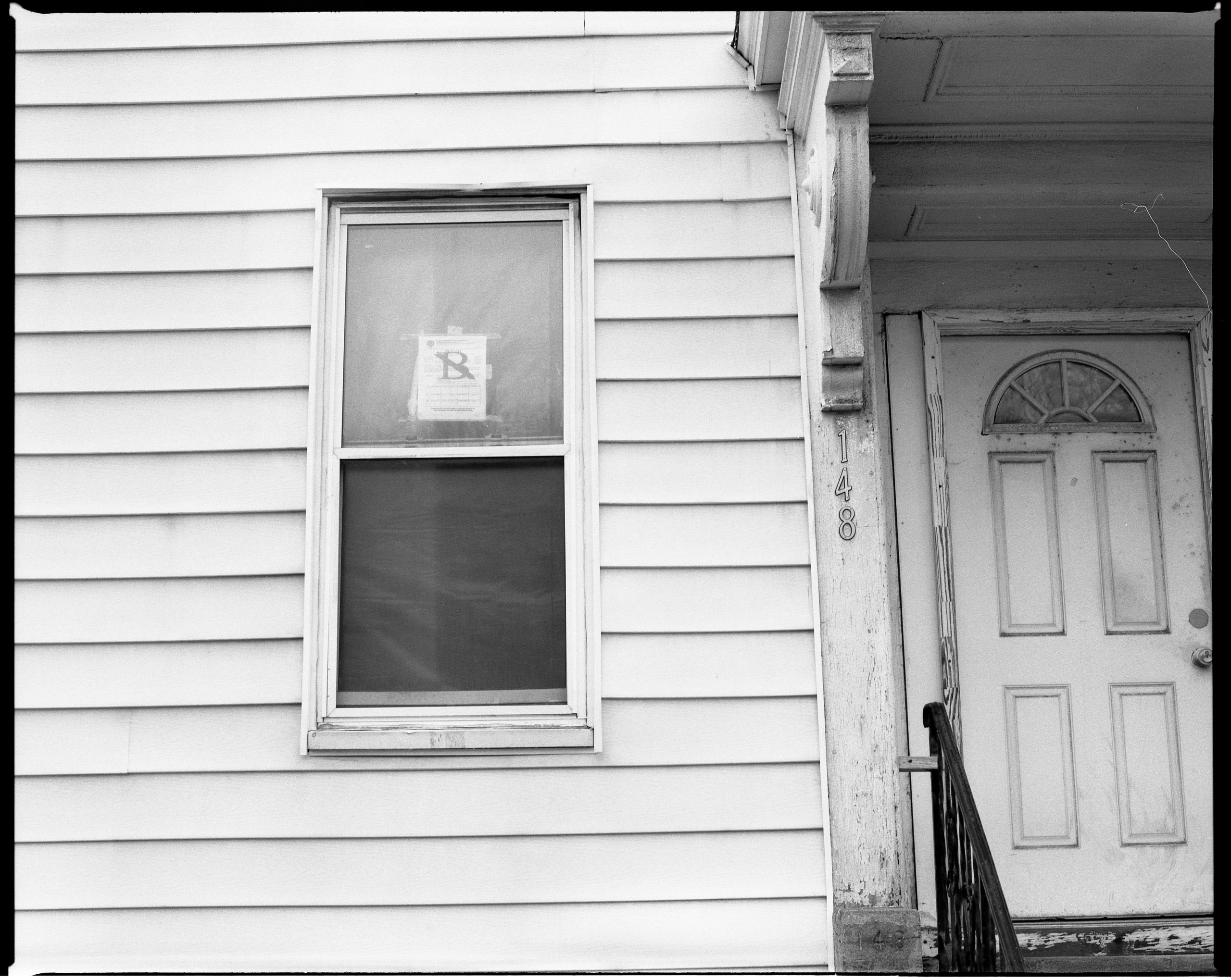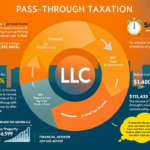Understanding what a tenant holdover is and how it can affect your business is vital if you’re a landlord.
Just as vital is knowing what you can do about a tenant holdover. The following will give you definitions and factors to consider when dealing with a tenant holdover situation.
What Is a Holdover Tenant?
A holdover tenant is a renter who remains in a property after the expiration of the lease. The holdover tenant can continue to occupy the property legally if the landlord continues to accept rent payments. State laws and court rulings determine the length of the holdover tenant’s new rental term.
Suppose the landlord doesn’t accept further rent payments after the expiration of the lease. In that case, the tenant is trespassing, and if they don’t move out promptly, starting eviction may be necessary.
Is Tenant Holdover Legal? Can They Stay after Their Lease Expires?
This is not a simple question. There are differences between states regarding what a landlord can do about a holdover tenant.
The extensive view – a tenant holdover is legally allowed to stay in the rental unit as long as the landlord takes no action to remove them.
Does a Holdover Tenant Have Rights?
Yes. If a lease expires and the tenant continues to stay, it may be because the landlord said they could, the lease is not renewed, and both parties agree on a monthly rent. Accepting rent without a lease is not legal. The landlord may run into trouble in this situation. It is difficult to evict a holdover tenant in a court of law if they’ve been paying rent to the landlord.
It is against the law for a landlord to continue collecting the rent after the expiration of the lease. A landlord should always renew the lease, even if it’s month-to-month if they want a tenant to continue renting.
A landlord can only begin eviction proceedings after serving a notice of action to the holdover tenant.
*NOTE – Notices of action or proceedings can vary from state to state, and you should check with an attorney on your state’s regulations.
What to do with a Holdover Tenant?
If a tenant has stayed over their lease agreement, they can continue to make rent payments if they have a month-to-month lease and the landlord accepts them. However, if a landlord wants a holdover tenant to leave, they must not take any more rent payments. This non-acceptance of rent payments triggers the tenant to be considered a trespasser.
If a holdover tenant becomes a trespasser, then the remedy for the landlord is to remove the tenant from the property by eviction. The eviction process starts with one of two processes:
- A non-payment proceeding – A non-payment proceeding is a type of eviction proceeding where the landlord is seeking to evict the tenant based on the tenant’s failure to pay rent. Some factors to understand about starting a non-payment proceeding:
- The money sought must be back rent or additional rent only, no money for repairs or damages.
- The back rent or additional rent must have accrued in the past six months only. A landlord cannot collect rent from more than six months ago.
- At least five days after the rent is due, the landlord must notify the tenant by certified mail, informing them that the landlord has failed to receive the rent within five days of its due date.
- The landlord must then arrange to have a 14-day notice served on the tenant before bringing the non-payment proceeding. This 14-day notice includes a demand for payment of all back rent in full and an order to move out.
- If the 14-day warning expires without all rent due and owing or the tenant hasn’t moved out, the landlord can file a non-payment proceeding.
2. A holdover proceeding – A holdover proceeding to evict a tenant on any grounds other than non-payment. Here are the factors to an understanding about starting a holdover proceeding:
- This proceeding is initiated when a tenant stays past the expiration of a lease without consent from the landlord or when a tenant violates a term of lease or rent laws (illegal activities or behavior that threatens the life, safety, or comfort of other tenants).
- The landlord must provide a tenant with written notice that their actions violate the lease and give the tenant time; usually, ten days, called a notice of cure.
*NOTE – The landlord can skip this step if the tenant’s actions are incurable. If the activities are incurable, the landlord will serve a “Notice to Vacate.”
- If the tenant fails to cure or vacate the premises, the landlord can begin a “holdover action” in court.
If a landlord begins a holdover action, they must be careful to act accordingly:
- Do not accept rental payments from the tenant once the holdover action is initiated.
- Accepting rental payments after the holdover proceedings begin could reverse the landlord’s previous actions and lead to a dismissal of the proceedings.
- The landlord must reject any payments made by the tenant until the landlord requests and receives permission from the court to accept “use and occupancy” payments from the holdover tenant. Once this happens, the landlord can collect the money without worrying about dismissal.
*NOTE – A landlord can face penalties if they try to evict a tenant in a “frivolous” manner. Do not initiate a holdover proceeding if the landlord knows that the case has no real merit. If they do, the court may view the action as harassment and assess sanctions against the landlord.
A Final Thought
The easiest way for a landlord to avoid holdover tenants is to check with them 60 days before their lease is up. Check and see whether they intend to renew or move out. If they plan to stay, the landlord can ask them to sign a renewal. If they plan to move out, this gives the landlord time to attract a new tenant.
*Disclaimer – PayRent is not giving legal advice. Always check with an attorney prior to starting any action. You must act with an expert’s guidance, someone who understands the laws in your state and can best guide you to a good resolution for both parties.










